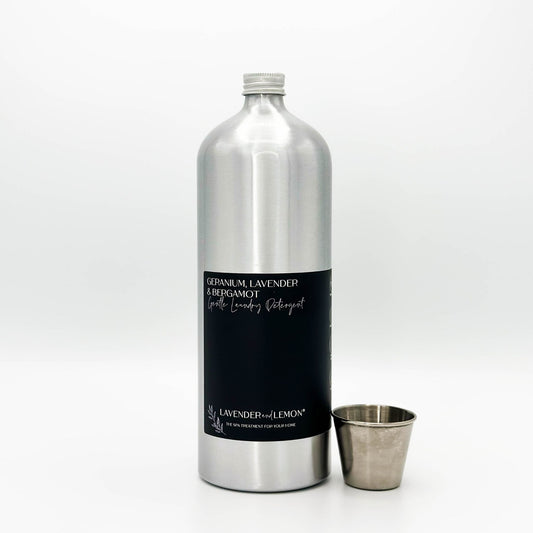Free Shipping Over £40

BPA in Canned Foods: Understanding Risks and Alternatives
Share
Do you ever wonder what's lurking in your cupboard besides your food? Let’s take a look at an often overlooked topic: the presence of bisphenol-A, or BPA, in canned foods. While these convenient staples are a common part of our diets, they're also a significant source of BPA exposure, a chemical linked to numerous health risks.
The Hidden Dangers of BPA in Canned Foods
Canned goods are indispensable in kitchens worldwide, valued for their affordability, longevity, and convenience. Yet, there's a hidden risk associated with these pantry staples—BPA, an endocrine disruptor detected in over 90% of people tested. This pervasive chemical is found in the lining of most canned foods, intended to prevent metal corrosion and bacterial contamination. However, the heat and acidity of canning can cause BPA to leach into our food.
Startling Research Findings
Recent studies shed light on the alarming impact of regular consumption of canned foods. One such study revealed that daily consumption of canned soup over five days led to a more than 1000% increase in urinary BPA levels. Even a single canned item could raise BPA concentrations by 24%. Long-term exposure to BPA is linked to several health issues, including behavioural problems in children, hormonal imbalances, and metabolic disorders.
Steps Towards a BPA-Free Diet
Recognising these health risks is crucial, but taking action is even more important. The good news is that BPA is metabolised and excreted from the body relatively quickly, so reducing intake can decrease levels swiftly. Opting for fresh, frozen, jarred, or dried food alternatives can significantly cut down your BPA exposure.
Legislative Actions and Future Directions
Highlighting the severity of these concerns, the European Commission has proposed a ban on BPA in food contact materials, projected to take effect between late 2025 and early 2026. This decision follows an updated scientific opinion from the European Food Safety Authority (EFSA), which found that current dietary exposure levels to BPA are unsafe.
BPA and Its Environmental Impact
While BPA’s health risks are well-documented, its environmental footprint is equally alarming. When products containing BPA are discarded, they can end up in landfills or the ocean, where the chemical can leach into the environment and contribute to plastic pollution. This pollution affects wildlife and ecosystems, and BPA can persist in the environment, influencing hormone levels in wildlife and disrupting natural biological processes.
Making Healthier Choices
As we await regulatory changes to take full effect, we can make healthier choices. By being informed and selecting safer food storage options, we can protect our health and reduce our exposure to harmful chemicals.
CITATIONS:
- Lorber M, Schecter A, Paepke O, Shropshire W, Christensen K, Birnbaum L. Exposure assessment of adult intake of bisphenol A (BPA) with emphasis on canned food dietary exposures. Environ Int. 2015 Apr;77:55-62. doi: 10.1016/j.envint.2015.01.008. Epub 2015 Jan 30. PMID: 25645382; PMCID: PMC4469126.
- Colorado-Yohar SM, Castillo-González AC, Sánchez-Meca J, Rubio-Aparicio M, Sánchez-Rodríguez D, Salamanca-Fernández E, Ardanaz E, Amiano P, Fernández MF, Mendiola J, Navarro-Mateu F, Chirlaque MD. Concentrations of bisphenol-A in adults from the general population: A systematic review and meta-analysis. Sci Total Environ. 2021 Jun 25;775:145755. doi: 10.1016/j.scitotenv.2021.145755. Epub 2021 Feb 11. PMID: 34132197.
- Carwile JL, Ye X, Zhou X, Calafat AM, Michels KB. Canned soup consumption and urinary bisphenol A: a randomized crossover trial. JAMA. 2011 Nov 23;306(20):2218-20. doi: 10.1001/jama.2011.1721. PMID: 22110104; PMCID: PMC3367259.
- European Commission, Food safety – restrictions on bisphenol A (BPA) and other bisphenols in food contact materials, 2024








